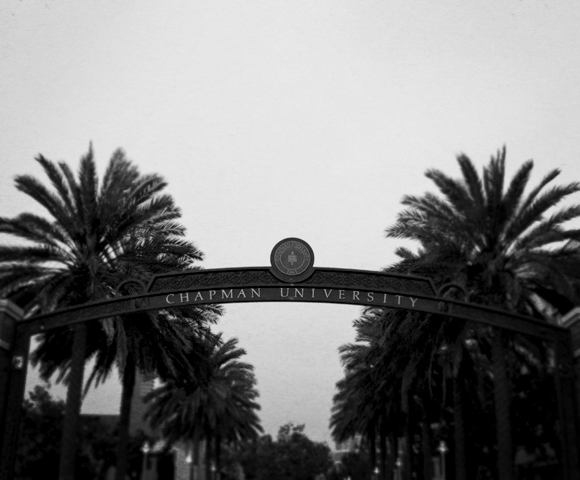
Who’s troubled by Bell inequalities, or what is the weight of locality and free choice?
Wednesday, 21 September 2022 @ 10 AM in 149 Keck Center, or join us on Zoom. Abstract: Is physical reality local, or does what we do here and now have an immediate influence on events elsewhere? Do we have freedom of choice, or are our decisions predetermined? In this talk, I will briefly discuss how

Quantum Feedback Thermal Machines
Wednesday, 14 September 2022 @ 10 AM in 149 Keck Center, or join us on Zoom. Abstract: We will discuss the thermodynamic aspects of a single qubit-based and coupled qubit-based devices, powered by weak quantum measurements, and feedback controlled by a quantum Maxwell’s demon. Single qubit-based device: We will discuss both discrete and time-continuous operation of

Generalized super-phenomena for arbitrary quantum observables
Wednesday, 7 September 2022 @ 10 AM in 149 Keck Center, or join us on Zoom. Abstract:I will show how to generalize superoscillations to arbitrary observables in quantum mechanics. Super phenomena of total angular momentum and energy will be described. Using the example of a sequence of harmonic oscillators, I will demonstrate that high energy

Quantum information about unknown parameters can be compressed unboundedly without loss
Wednesday, 27 July 2022 @ 12 PM in 149 Keck Center, or join us on Zoom. Abstract: Several tasks in quantum-information processing involve quantum learning. For example, quantum sensing, quantum machine learning and quantum-computer calibration involve learning and estimating unknown parameters from measurements of many copies of a quantum state that depends on those parameters.

Quantum processes with quantum causal structure
Thursday, 30 June 2022 @ 12 PM in 149 Keck Center, or join us on Zoom. Abstract: Quantum Theory requires a background causal structure for its formulation, with temporal and spatial correlations treated in a very asymmetric way. However, spacetime might lose its classical properties when Quantum Theory combines with General Relativity. This motivates a

Superoscillations - Theoretical Aspects and Applications Symposium 2
Symposium Information Superoscillations were identified independently by Sir Michael Berry and Yakir Aharonov in very different contexts, but in the last several years the communities of mathematicians and physicists have taken increased interest in this phenomenon, both because of its interesting mathematical characteristics, and because of its many potential applications. This symposium is intended not

Post-selection and Quantum Energetics
Tuesday, 24 May 2022 @ 2 PM in 149 Keck Center, or join us on Zoom. Abstract: We investigate the anomalous energy change of the measurement apparatus when a qubit is measured in bases that do not commute with energy. We model two possible measurement implementations: one is a quantum clock model with a completely

A dynamical quantum Cheshire Cat effect and implications for counterfactual communication
Wednesday, 25 May 2022 @ 12 PM. Join us on Zoom. Abstract: In this talk, Sandu will discuss a type of dynamic effect, a Dynamic Cheshire Cat effect, that is at the core of the so called “counterfactual computation” and especially “counterfactual communication” quantum effects that have generated a lot of interest recently. The basic

Quantum Theory faces Cosmology, and vice-versa
Thursday, 12 May 2022 @ 4 PM. Join us on Zoom. Abstract: In its usual formulation, Quantum Theory presents apparently unavoidable difficulties when applied to Cosmology. Hence, either it is assumed that the Quantum Theory is not wide enough to apply to the physics of the Universe, nowadays successfully tested by numerous sophisticated observations, or

Bounding quantum advantages in Postselected Metrology
Friday, 6 May 2022 @ 9 AM. Join us on Zoom. Abstract: Weak value amplification and other postselection-based metrological protocols can enhance precision while estimating small parameters, outperforming postselection-free protocols. In general, these enhancements are largely constrained because the protocols yielding higher precision are rarely obtained due to a lower probability of successful postselection. It